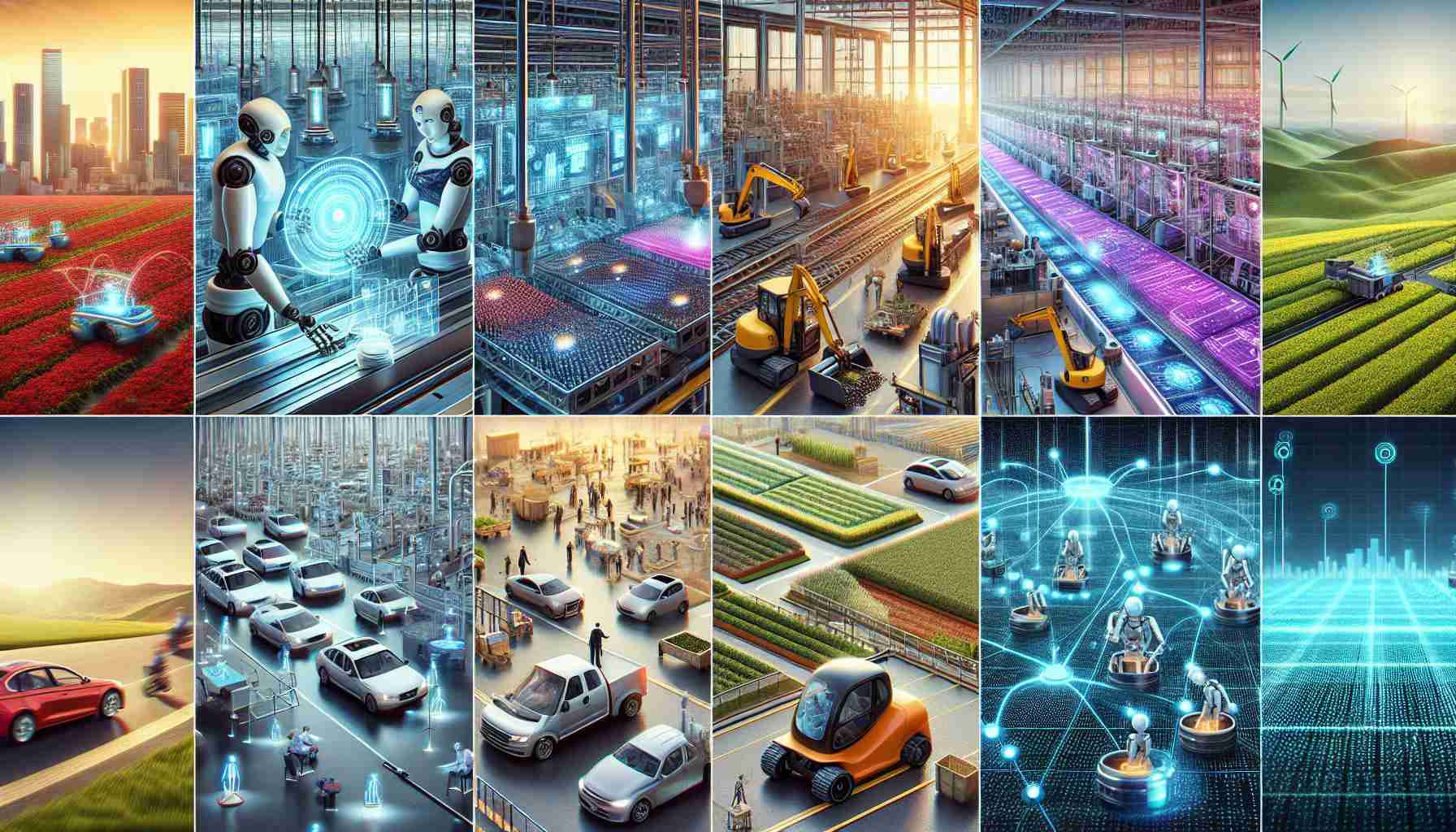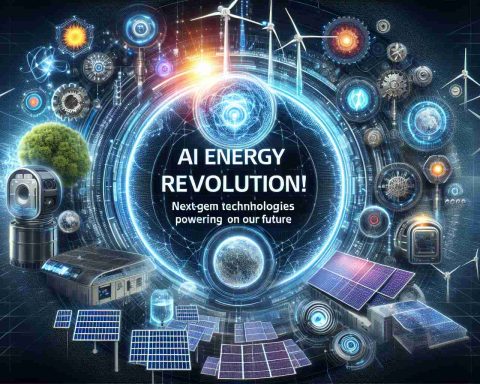Artificial intelligence (AI) has become an integral part of various industries, offering innovative solutions while posing unique challenges. Rather than relying solely on AI to solve all tasks efficiently, industries must navigate the complexities of integrating AI into existing systems strategically.
One key aspect shaping the AI landscape is energy consumption. While popular AI models like ChatGPT can consume significant energy, industrial applications may not face the same scale of energy consumption. However, concerns about resource-intensive development and scaling up remain valid obstacles for broader AI adoption.
As the European Union introduces groundbreaking AI legislation to safeguard against mass surveillance and promote technological advancements, experts highlight potential implications on innovation momentum within Europe.
Uncertainty looms over the extension of EU regulations to Norway through the EEA agreement. While Norwegian authorities contemplate alignment with EU standards, questions regarding the compatibility of AI laws with existing frameworks persist.
Signe Riemer-Sørensen, a research leader on AI, identifies key challenges for AI implementation in industries:
1. Integrating AI models into complex industrial systems requires careful consideration and collaboration with existing knowledge for enhanced efficiency.
2. Demand for more robust AI solutions than ChatGPT underscores the need for high-quality data and tailored models to meet diverse industrial requirements.
3. Addressing security concerns encompassing data integrity, cybersecurity, and mitigating the risks of misinformation remains paramount, especially in AI-driven decision-making processes.
Exploring the versatility of AI applications across sectors reveals profound impacts on diverse fields:
– Job interviews leveraging AI assistants like Tengai for enhanced recruitment processes.
– Real-time data collection in aquaculture for improved monitoring and management through AI-driven software.
– Predictive maintenance in the oil industry leading to cost savings and operational efficiency.
– Optimization of timber drying processes in the forestry sector to enhance productivity.
– Automation of repetitive tasks in hospitality businesses for streamlined operations.
– Quality assessment in food production through machine learning for enhanced product evaluation.
By acknowledging the challenges and opportunities presented by AI, industries can harness the transformative potential of this technology for sustainable growth and innovation.
As artificial intelligence (AI) continues to revolutionize various sectors, new advancements and considerations shape the future landscape of AI implementation.
One crucial question that arises is how AI can address the issue of bias and fairness in decision-making processes. Ensuring that AI systems are developed and trained in a way that minimizes bias is essential for ethical and inclusive applications across industries. Researchers and developers are actively exploring methods to enhance transparency and accountability in AI algorithms to mitigate bias effectively.
Moreover, a key challenge in the widespread adoption of AI is the ethical use of data. The collection, storage, and utilization of vast amounts of data raise concerns about privacy, consent, and data protection. Industries must navigate the complex regulatory landscape to ensure compliance while leveraging data-driven insights to drive innovation responsibly.
Another critical aspect to consider is the impact of AI on the workforce. While AI technologies have the potential to augment human capabilities and improve productivity, there are concerns about job displacement and the need for upskilling the workforce to adapt to AI-driven environments. Balancing automation with workforce development strategies is crucial for sustainable employment opportunities in the era of AI integration.
In the realm of healthcare, the convergence of AI and personalized medicine holds promise for revolutionizing patient care. AI-enabled diagnostics and treatment planning can enhance accuracy and efficiency in healthcare delivery, leading to better patient outcomes. However, ensuring data privacy and security in healthcare settings remains a top priority to maintain patient trust and confidentiality.
Key Advantages of AI Implementation:
– Increased efficiency and productivity through automation of routine tasks.
– Enhanced decision-making capabilities based on data-driven insights.
– Innovation and creativity in problem-solving through AI algorithms.
– Improved customer experiences and personalized services in various sectors.
– Cost savings and operational efficiencies through predictive analytics and maintenance.
Disadvantages and Challenges:
– Ethical dilemmas related to bias, privacy, and accountability in AI systems.
– Potential job displacement and the need for workforce upskilling.
– Data security risks and concerns about information breaches.
– Regulatory complexities and legal implications of AI applications.
– Limited interpretability of complex AI algorithms for decision-making processes.
Suggested related link: World Health Organization
By addressing these critical questions, challenges, and ethical considerations, industries can maximize the benefits of AI while mitigating potential risks and ensuring a more sustainable and inclusive future for artificial intelligence across diverse sectors.

















